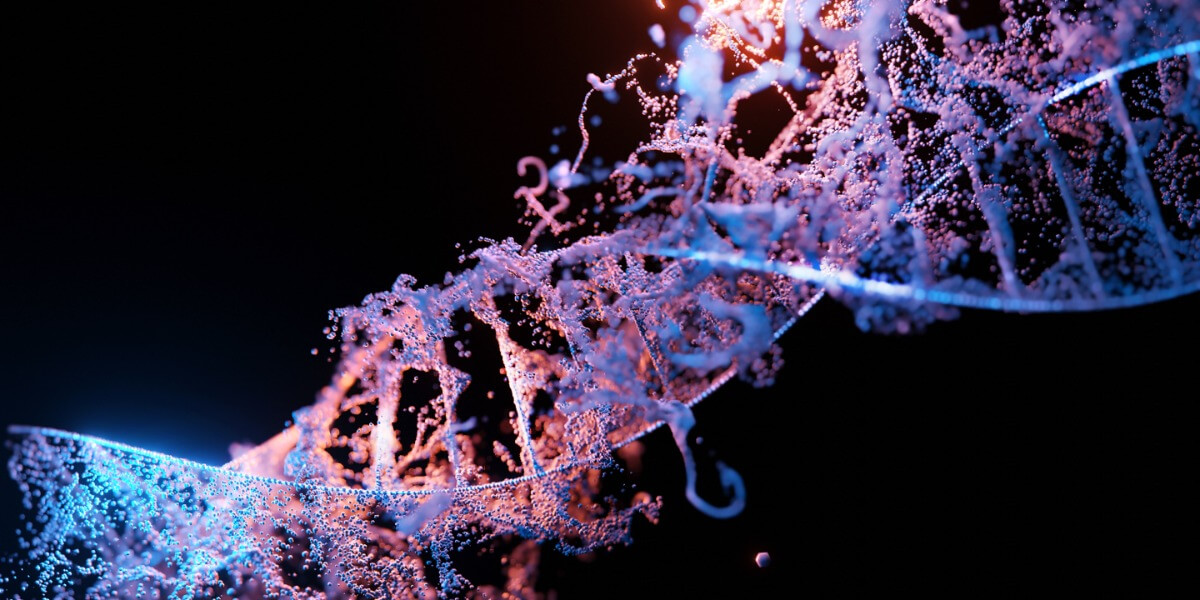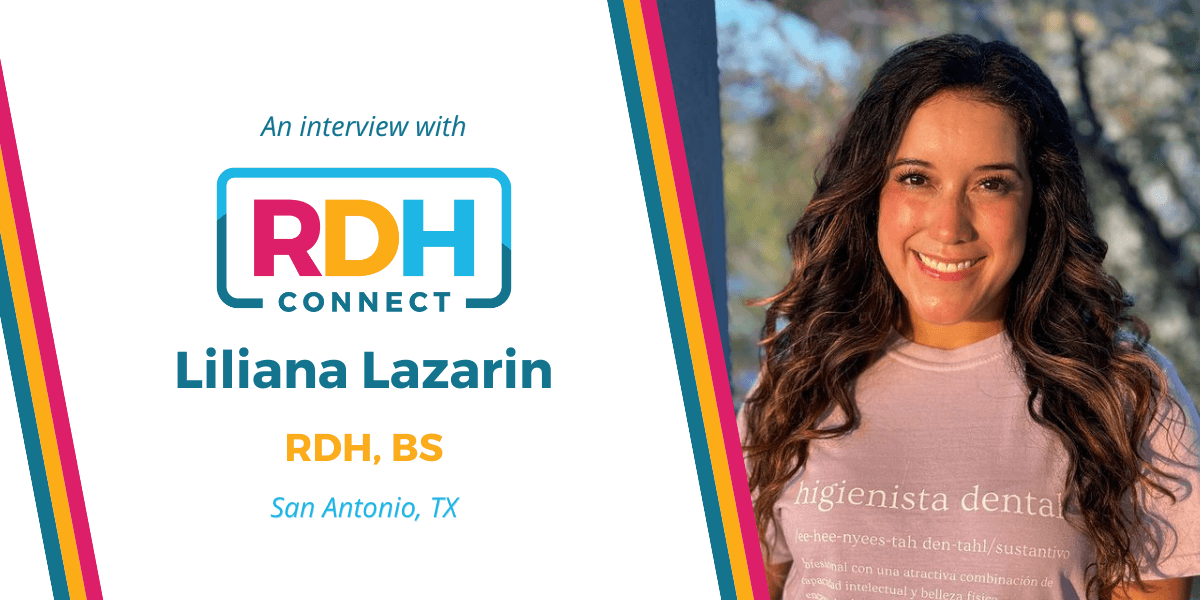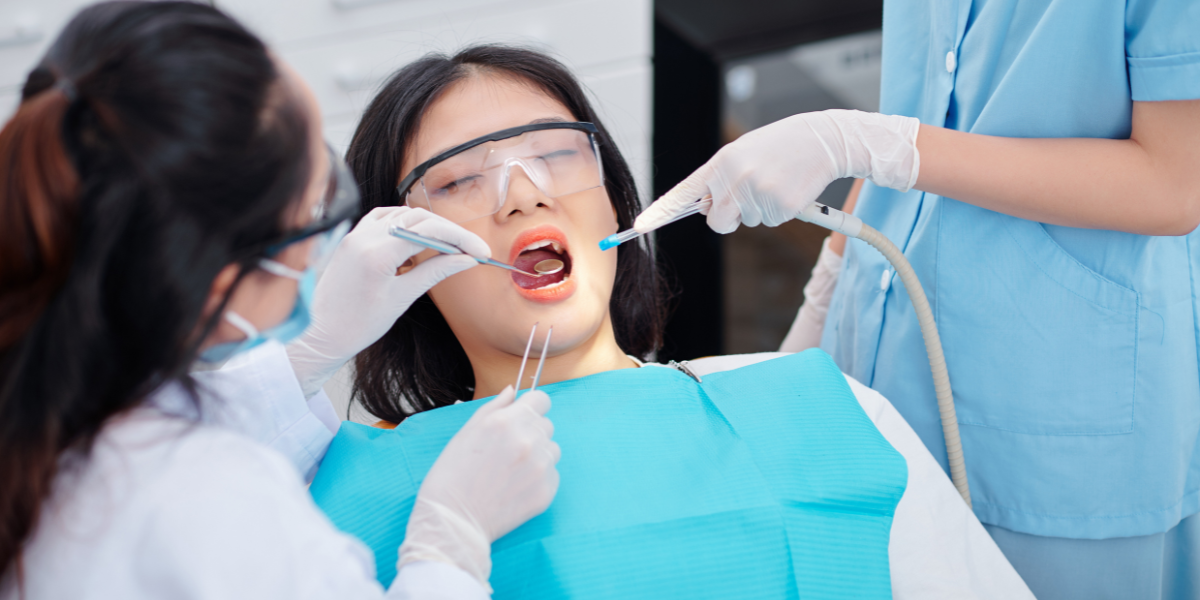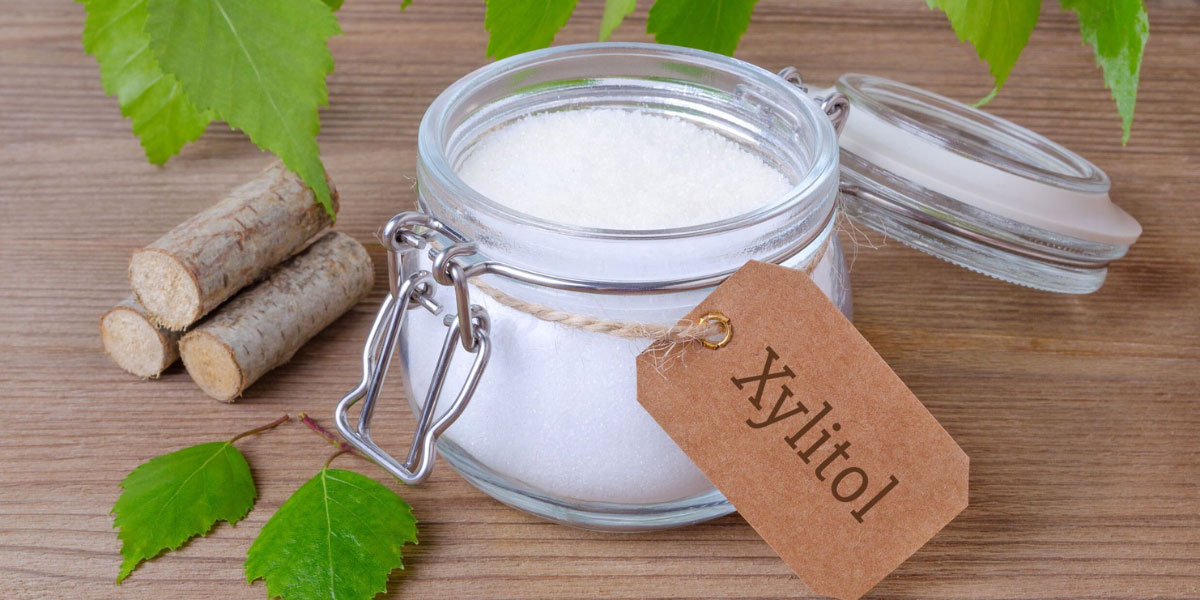The role of genetics on cavities & oral health: can we inherit bad teeth?

People often say they are naturally “prone to cavities” or other oral health problems, but is it true? Are we really born with “good” or “bad” teeth?
Scientific research shows that your oral health depends on a combination of your genetics and your dental hygiene practices.[2] It’s not uncommon for dental professionals to hear on a daily basis from their patients that “they have their parents’ teeth.” Some patients even state that “everyone in their family’s gums bleed.” Are bad genes to blame for our cavities and gum issues?[2]
Genes vs. Behavior
Genetic Dentistry is still a growing science however research on this topic is available. According to Mary L. Marazita, director of the Center for Craniofacial and Dental Genetics at the University of Pittsburgh School of Dental Medicine, 60% of the risk for dental decay it a result of our genetics.[2] The five areas that scientists have identified where genes play a role in tooth decay are: sweet preference, tooth enamel, taste ability, saliva strength, and your microbiome.[2] The other 40% of our risk to our oral health is our diet, brushing frequency, smoking habits, dental care access, culture, and even socioeconomic factors.[2]
Gene variation affects your taste preferences
Most individuals recognize that a diet full of sweets can make one more prone to cavities, but did you know that scientists have identified gene variants that show a range of sweet preference?[2] The stronger your genetic “sweet preference,” the more likely you are prone to develop cavities. Someone with a big sweet preference must be even more diligent in exercising good oral hygiene habits.[2] Taste ability is also a gene variant, it’s the measure of the variety of things that you can taste.[2] Taste ability includes your tongue and your sense of smell.[2] According to ongoing scientific research the greater the variety of your taste ability profile, the less likely you are to develop tooth decay.[2]
Saliva plays a key role in protecting our teeth
The composition of our saliva is key to a healthy biome as it helps coat our teeth and can protect them from harmful bacteria. In order for our saliva to be effective it must contain the right ingredients. Our saliva contains calcium, potassium, proteins, and other elements that help resist tooth decay, as well as a digestive enzyme
(amylase) that breaks down carbohydrates.[3][4] The diverse components in our saliva modulate our oral pH.[4] When the PH in our mouth is low it is more acidic and can cause bacteria acids to eat into our enamel casing cavities.
Some inherited diseases affect our bodies in various ways including our mouth. Our saliva can be negatively affected by medications we might take to combat these adverse medical conditions. Some medications can cause our mouths to be dry therefore increasing our risk of decay as saliva helps to lubricate the oral environment and keep bacteria on the move. Saliva testing can help us to see what is contributing to dental issues as well as what we need to incorporate into our preventative routine. We can incorporate oral probiotics into our oral hygiene regime to help introduce healthy bacteria that will assist us in keeping our mouth healthy as well as have our saliva tested. Using products that contain fluoride, hydroxyapatite, or xylitol is also healthful.
Genes can affect the strength of our enamel
Some patients complain that they have weak teeth and that is why they get so many cavities. Genes can factor into how strong our enamel is, the outer layer of our teeth. The stronger your enamel is the better it is able to absorb minerals such as fluoride and calcium. On the other spectrum the weaker your enamel the more likely you are to get cavities or have dental sensitivity. Some individuals have inherited dental conditions that have scientific names that make their enamel weaker. Other people who claim they have weak teeth often actually need to do better with their oral hygiene habits, at times they have plaque constantly resting on their teeth. Using disclosing agents daily can help ones to see where the plaque is hiding. The disclosing agents temporarily dye the plaque so the user can remove it.
What should I do?
So if your genes are working against you should you just give up? Of course not! As stated previously, scientists have determined that there are other factors such as our habits and our diet that can contribute to whether or not we can maintain a healthy oral biome. Most cavities are preventable regardless of our genetic makeup.
Brushing twice a day and flossing daily help to remove the harmful bacteria in our mouths that contribute to decay and gum problems. Consuming a healthy diet that limits sugary and starchy foods or drinks is often key to reducing the acid causing bacteria in our mouths that contribute to dental caries. Visiting our dentist regularly helps us to be alerted to any problems that might arise or if we may need to modify our oral hygiene regimen. It is important for us to be proactive and preventative with our health so despite what genetic factors are working against us, we have a good gameplay to combat those trials.
References
- ADA. Genetics and Oral Health. (2021, July 13). www.ada.org/resources/research/science-and-research-institute/oral-health-topics/genetics-and-oral-health
- CNN Health. Bad teeth? Blame your genes. Fresh, Paul. (2014, July 3). https://www.cnn.com/2014/07/03/health/tooth-decay-causes/index.html
- Britannica. Saliva. https://www.britannica.com/science/saliva
- The oral microbiome – an update for oral healthcare professional. (2016, November 18). https://www.nature.com/articles/sj.bdj.2016.865





